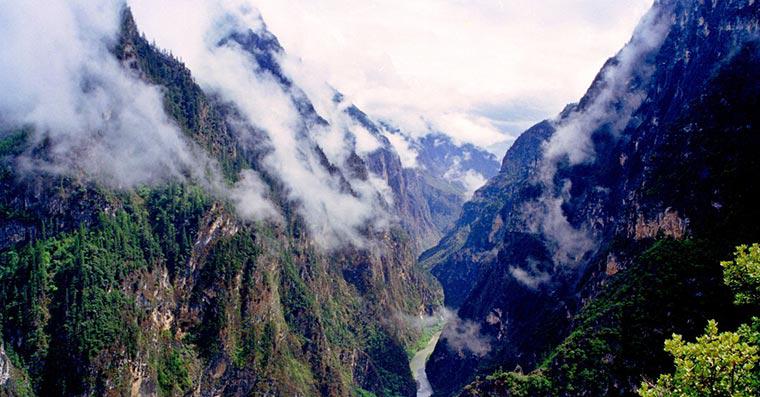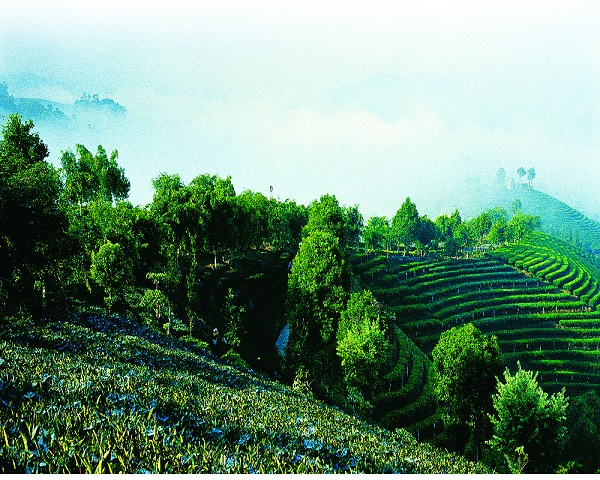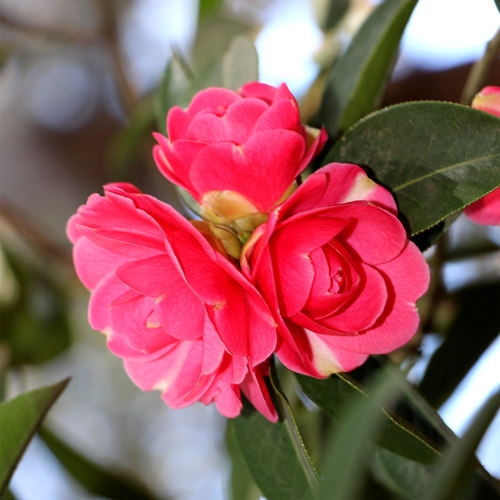
Diversified Climate in Yunnan: A Detailed Introduction
Diversified Climate in Yunnan: A Detailed Introduction
Geographic and Climatic Overview
Yunnan Province, situated in the southwestern part of China, is characterized by a highly diverse climate due to its complex topography. The province spans from the tropical regions in the south to the temperate zones in the north, resulting in significant climatic variation. Yunnan's elevation ranges from a few hundred meters above sea level in the southern river valleys to over 6,000 meters in the northern mountains, further contributing to its varied climate.
Climatic Zones and Their Characteristics
Tropical and Subtropical Zones (Southern Yunnan)
Regions: Xishuangbanna, Simao, and parts of Honghe.
Climate: These areas experience a tropical monsoon climate with distinct wet and dry seasons. The wet season typically occurs from May to October, bringing heavy rainfall and lush greenery. The dry season, from November to April, is characterized by mild temperatures and less precipitation.
Average Temperature: 18°C to 25°C (64°F to 77°F).
Warm Temperate Zone (Central Yunnan)
Regions: Kunming, Dali, and Chuxiong.
Climate: Known for its mild and pleasant climate, this region is often referred to as the "City of Eternal Spring," particularly in Kunming. The climate is generally temperate with moderate rainfall during the wet season (June to October) and cooler, dry winters.
Average Temperature: 15°C to 20°C (59°F to 68°F).
Cool Temperate Zone (Northwestern Yunnan)
Regions: Lijiang, Shangri-La, and parts of Diqing.
Climate: This region experiences a cooler climate with significant temperature variations between day and night. Summers are mild and rainy, while winters are cold with occasional snowfall, especially in the higher altitudes.
Average Temperature: 8°C to 15°C (46°F to 59°F).
Alpine Zone (High-altitude Areas)
Regions: Deqin and parts of Nujiang.
Climate: The alpine regions are characterized by cold temperatures year-round. Summers are short and cool, while winters are long and harsh with heavy snowfall. These areas are typically above 3,000 meters in elevation.
Average Temperature: Below 10°C (50°F) in most areas, with sub-zero temperatures in winter.
Seasonal Variations
Spring (March to May): Spring in Yunnan is generally mild and pleasant, with blooming flowers and moderate temperatures. This is an excellent time for outdoor activities and exploring the natural beauty of the province.
Summer (June to August): The summer season brings monsoon rains, particularly to the southern and central regions. The high rainfall supports the lush vegetation and vibrant landscapes but can also lead to occasional flooding.
Autumn (September to November): Autumn is marked by clear skies, crisp air, and cooler temperatures. This is considered one of the best times to visit Yunnan, as the weather is stable and the scenery is stunning with colorful foliage.
Winter (December to February): Winter varies significantly across the province. While the southern regions remain mild, the northern and high-altitude areas experience cold temperatures and snowfall. This season is ideal for experiencing the snow-covered landscapes and engaging in winter sports.
Impact on Agriculture and Biodiversity
Yunnan's diverse climate significantly influences its agriculture and biodiversity. The province is known for its rich variety of crops, including rice, tea, coffee, and various fruits and vegetables. The different climatic zones support a wide range of flora and fauna, making Yunnan one of the most biodiverse regions in China. The tropical rainforests in the south are home to exotic species such as elephants and peacocks, while the temperate forests and alpine meadows support unique plants and animals like the Yunnan snub-nosed monkey and various rhododendron species.
Adaptation and Sustainable Practices
The people of Yunnan have adapted to the diverse climatic conditions through various means. Traditional architectural styles, agricultural practices, and clothing are tailored to suit the local climate. In recent years, there has been a growing focus on sustainable practices to mitigate the impacts of climate change and preserve the natural environment. Initiatives such as reforestation, sustainable agriculture, and eco-tourism are being promoted to ensure the long-term well-being of the province.
Conclusion
The diversified climate of Yunnan is a fundamental aspect of its identity, shaping its landscapes, culture, and way of life. From the tropical rainforests in the south to the alpine regions in the north, Yunnan's climate offers a unique and varied experience for residents and visitors alike. Understanding and appreciating this climatic diversity is key to exploring and conserving the magica



